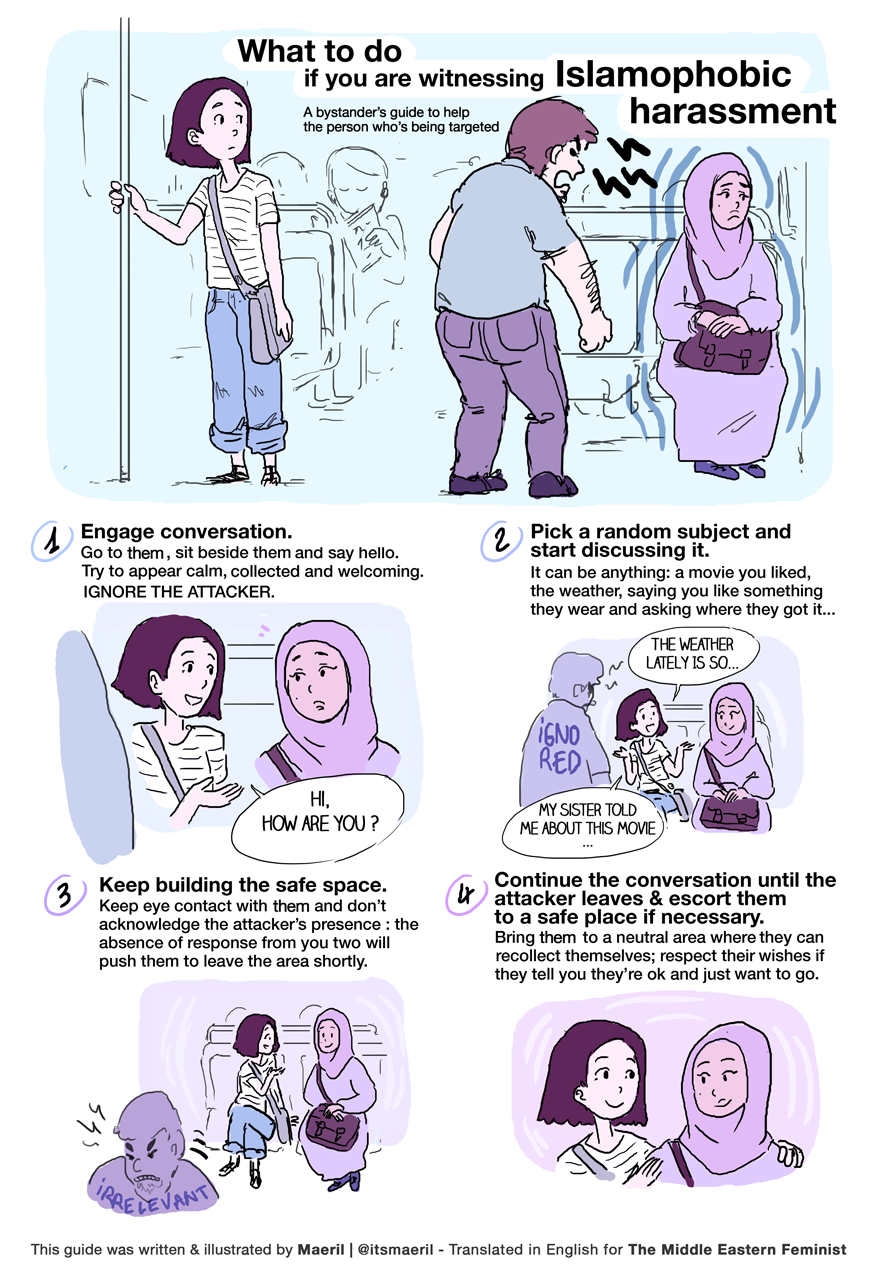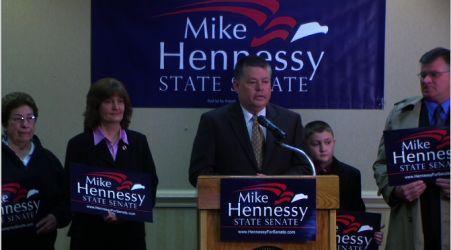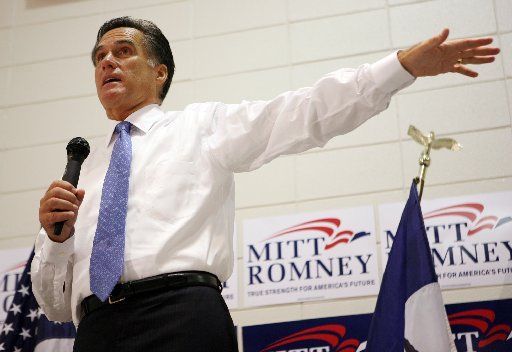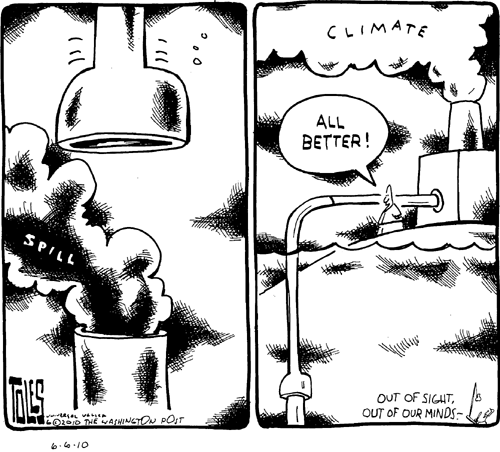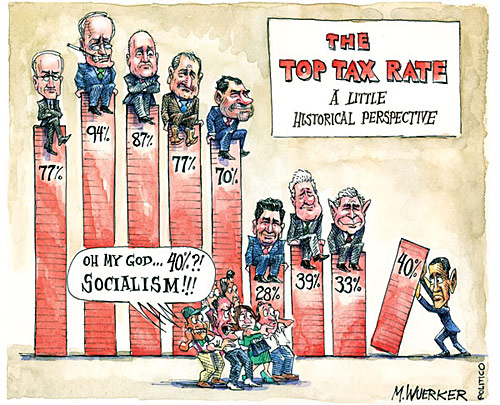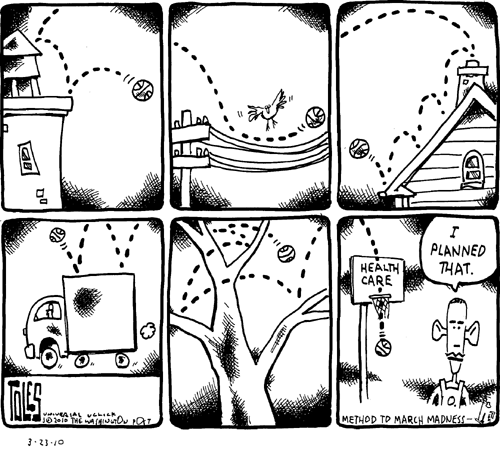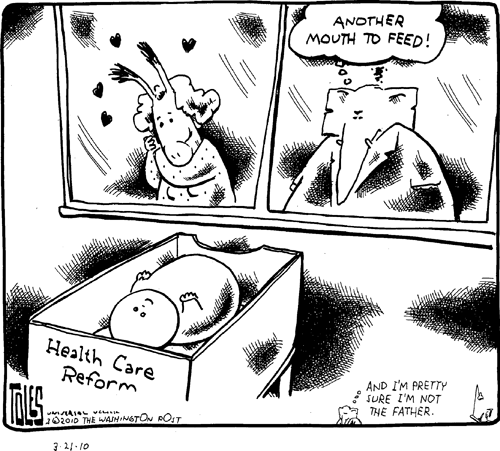The Massachusetts state legislature today passed a bill that would force its state electoral votes to be awarded to the presidential candidate who receives the most popular votes nationally. Having done my graduate school thesis project on Electoral College reforms, I had to jump on this.
Forcing the Electoral College to follow the national popular vote effectively renders the Electoral College moot. The winner of the national popular vote would automatically be the winner of the Electoral College—at which point the Electoral College serves no purpose. But without a constitutional amendment, the Electoral College has to exist is some bastardized form of a LOST-esque purgatory.
A national popular vote, while seemingly popular, probably wouldn’t change election outcomes much; candidates will still likely campaign the same or similarly to how they do now. The Democratic candidate still will not campaign in Massachusetts, California, or Illinois, and the Republican candidate will still not campaign in Texas, Georgia, Utah, or Oklahoma. Who most voters in these states will vote for is all-but determined before the election season even starts. Instead, both candidates will still campaign in the battleground states of our existing electoral system in an effort to secure as many toss-up votes as possible. Why? Because this is where the majority of toss-up votes are. They’re battleground states for a reason.
If the purpose to switching to a national popular vote is out of anger at the Electoral College, the anger is misplaced. The thing is, a close election will be a close election no matter how the vote is counted. Take 2000 as an example. Of the roughly 105 million votes cast, less than 540,000 votes separated Bush & Gore—roughly 0.0052 of the total. In 1888, another year the popular-vote winner lost the presidency, out of 11 million votes cast, less than 91,000 votes separated Harrison and Cleveland—roughly 0.008 of the total.
Close elections will remain controversial. The nightmare scenario with a national popular vote would be a recount of every vote in the nation. What would the recount threshold be? 0.01? 0.005?
A far more interesting Electoral College reform to explore is a proportional allocation of each state’s electoral votes.
As a review, whichever candidate in a state receives the most popular votes in the state also receives all of that states electoral votes. If the candidate receives 1 more vote or 1 million more votes, that candidate gets all of the electoral votes. This process is in effect in every state but Maine and Nebraska (these two states award electoral votes based on which candidate wins each congressional district and two for the winner of the state’s popular vote. Maine adopted this method in 1972 and has never split its vote; Nebraska adopted this in 1992 and only split its vote once: 2008).
The proportional allocation plan splits a state’s electoral votes according to what percentage of the state’s popular vote the candidate won. So if a candidate wins 60% of the state’s popular vote, the candidate receives 60% of the state’s electoral votes.
With a proportional allocation plan, no disbanding of the Electoral College would be necessary. State results are still state results—thus retaining the federalist aspect of presidential elections. And, switching the Electoral College to proportional allocation wouldn’t require a constitutional amendment; rather, each state would pass a law directing their electoral votes to be proportionally allocated (there isn’t anything in the Constitution on how a state’s electoral votes be allocated; only that they must exist).
More than anything else, though, the best aspect of proportional allocation is the likelihood of increased voter participation. Suddenly, every vote matters. Candidates would have to alter their campaign strategies. California’s 55 electoral votes and Texas’s 34 are up for grabs more so than they are now. John McCain would have won 20 electoral votes in California and Barack Obama 15 in Texas. Republicans in decidedly-Democratic states and Democrats in decidedly-Republican states who might not vote in the current system because “their vote doesn’t count” now have more relevance and have more purpose to vote.
And that, is the point. Increased voter participation is the real issue. So whether proportional allocation is the method or a national popular vote, if more people vote and vote smartly, everyone wins.
If you’re interested in how reform proposals might have changed past presidential elections, check out my thesis project where you can apply a reform proposal to a past election and see the results both nationally and state-by-state (mouse-over each state for further breakdown of results).

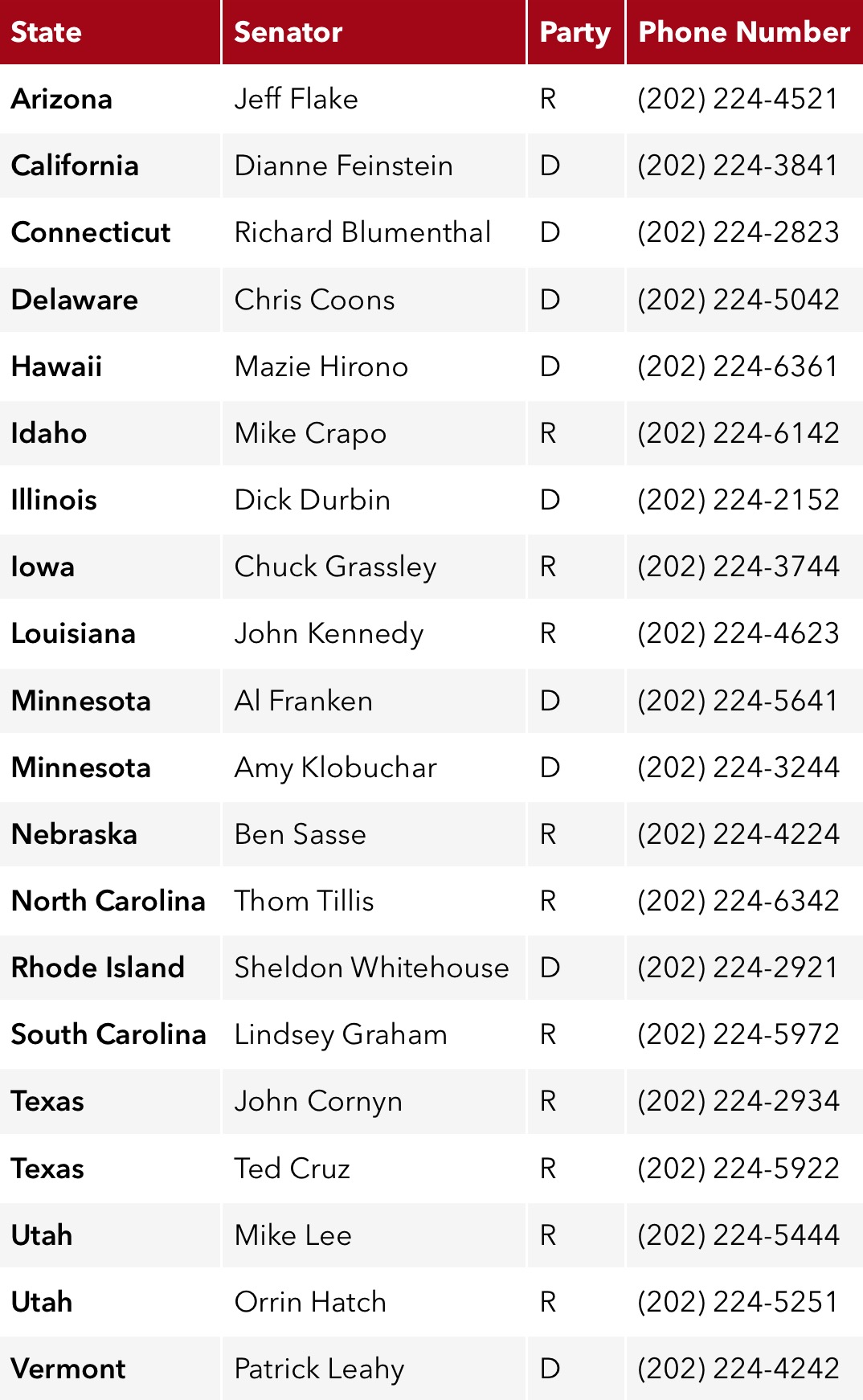
/cdn3.vox-cdn.com/uploads/chorus_image/image/51771433/shutterstock_445452202.0.jpg)
